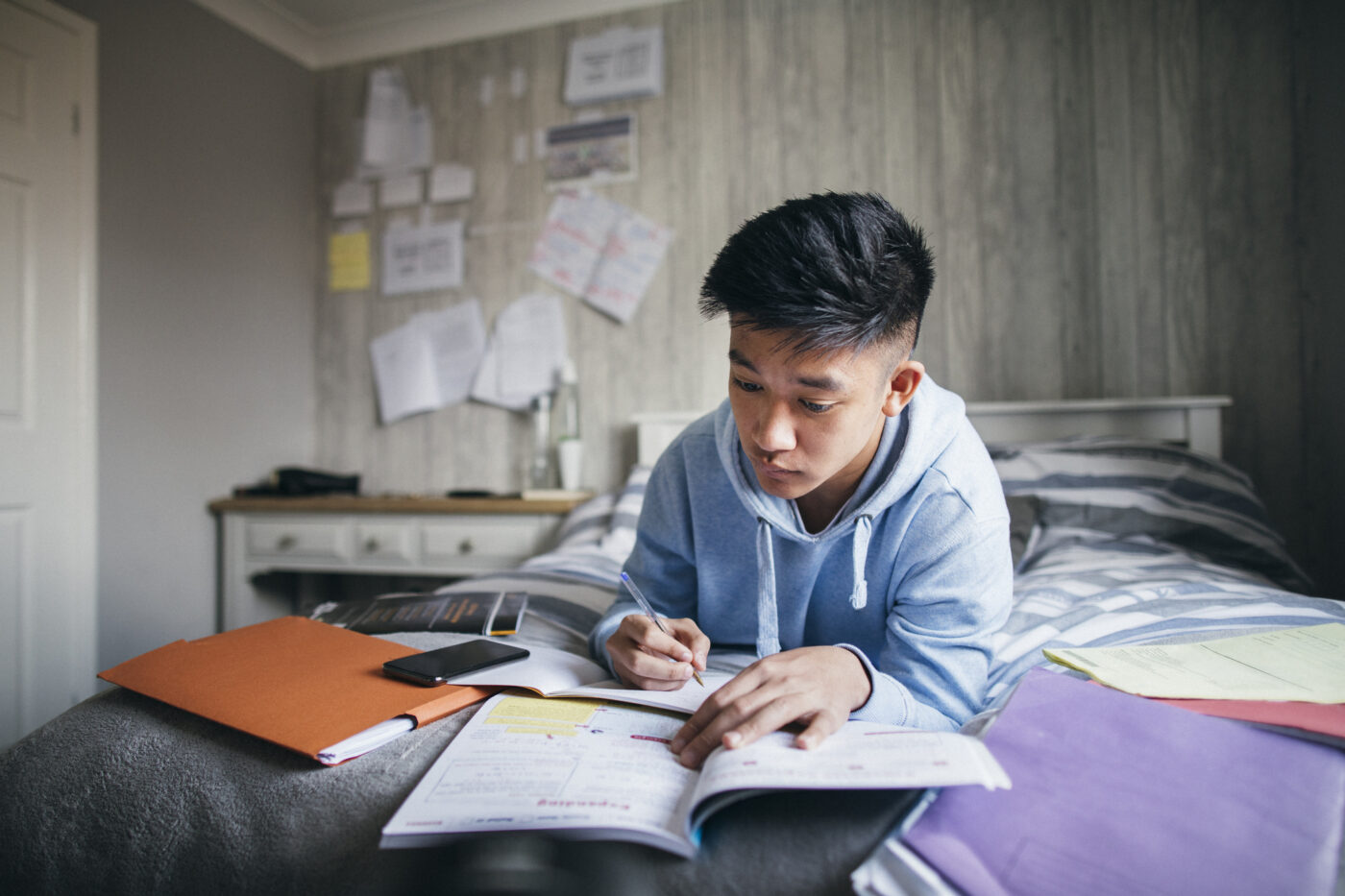Parenting a teen is hard. I know it’s obvious, but I just want to remind you that we all know you have a tough job. And it’s not that teens are bad—it’s simply that they are growing in all sorts of ways: physically, emotionally, intellectually, socially… And they are being shaped by forces that are increasingly so new we don’t understand their impact as a society let alone as parents (artificial intelligence, anyone?). Given all of that, I tend to think that if your teen knows you love her and feels like she can come to you when she’s struggling, you’re doing pretty well.
That said, I do think there are some things we can get pressured into with teens, either by them or by all the other people around us parenting a teen, things that aren’t in their best interest. And I know to take a stand on these things can sometimes feel like you’re on an island. You feel like the only one who cares about these things. Maybe you should chill out? Please don’t. As normal as these things are, they can be really bad for our teens. Here are 5 ways we let our teens hurt themselves, and why allowing it is a bad idea.
1. We allow them to isolate.
Sometimes, your teen just needs some space. That’s understandable. However, too much isolation can be a real problem. Research shows teens experiencing social isolation are at high risk of PTSD, anxiety, depression, and substance abuse. While you can’t mandate that your child has friends, you can create an environment that makes her isolating herself less likely. Prioritizing time as a family daily, making sure your family has regular relational rhythms like church attendance and having people over, setting limits on access to technology all discourage isolation and encourage connection.
2. We allow them to sit on their phones.
Technology is something you and I have had to learn over the years. You may love it or hate it, but most of us remember a time before high speed internet and smartphones. Our teens don’t know life without those things. But it’s not just for entertainment. It’s so engrained in everything they do from homework to socializing that it’s become increasingly difficult when parenting a teen to know how to set appropriate boundaries. However, that doesn’t mean there shouldn’t be any. According to the American Academy of Children & Adolescent Psychiatry, teens spend about nine hours a day on screens. Whatever the “right” amount is, I’m going to guess nine hours isn’t it. As parents, it’s our job to set some limits for their well-being.
3. We allow them to be disrespectful.
I know “the disrespectful teen” is so common it’s a trope. He’s moody, and he’s trying to define himself in ways that sometimes require him to distance himself from you. The result can be clashes and the occasionally disrespectful behavior. It’s also common for this to extend beyond you to all authority figures. While this is natural, not everything that’s natural is good. We need to help our teens learn to honor their elders even as they differentiate, to empathize with those whom they disagree with or dislike. In many ways disrespect is immaturity. In that way we can see it as an opportunity for growth.
4. We allow them to avoid struggling.
Being a teen is hard. It’s easy to want to swoop in and protect your teen from everything you can protect him from. This is understandable, and even appropriate to a point. But if you are always stepping in to fight for your teen, when does he learn to stand up for himself? If you’re always pointing fingers at others when your teen fails, when does he learn to take responsibility? As hard as it is to watch your teen struggle, as teen parents, we need to create space for them to do so. He needs to learn that obstacles are opportunities and challenges can shape him in ways that will serve him. What your teen needs more than protection is resilience.
5. We encourage them to conform.
Most teens are terrified of being seen as different from everyone else. This is a great way for them to make bad decisions. Unfortunately, many parents are just as terrified. So they allow their teen to go to that party they want to say “no” to or choose not to comment on the clothing they see as inappropriate. This is why parenting a teen is so challenging. We need to encourage good decisions, not popular ones. It may result in some short-term pain, but there is long-term gain. Our goal is to raise good people, not popular ones.
Sound off: What other ways do we inadvertently allow teens to hurt themselves?
For a deeper discussion about this subject, check out this All Pro Dad podcast episode.











Huddle up with your kids and ask, “Why might it be a good idea to spend time away from our phones?”